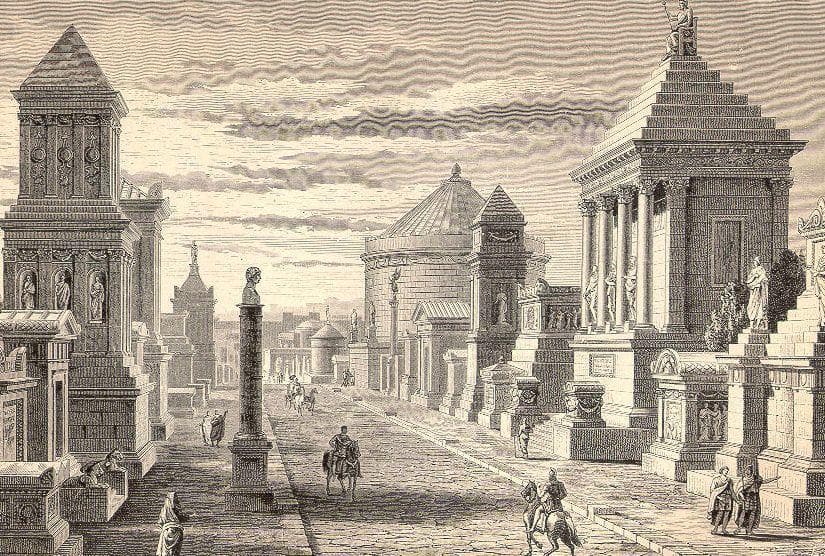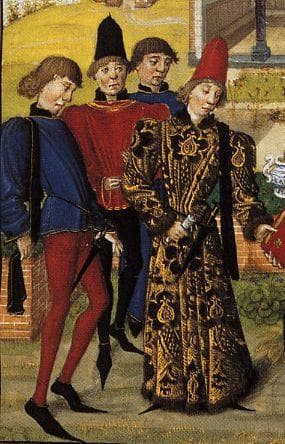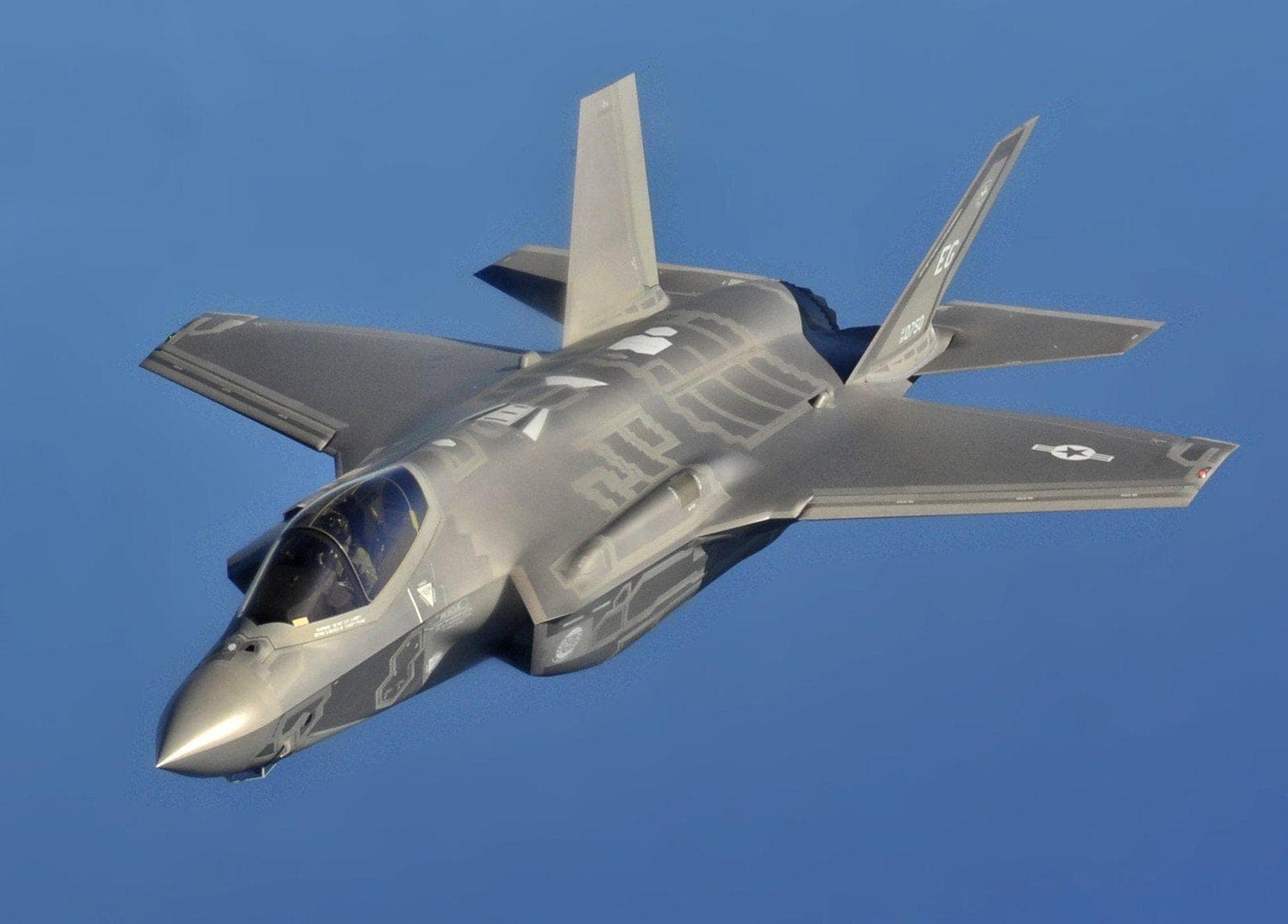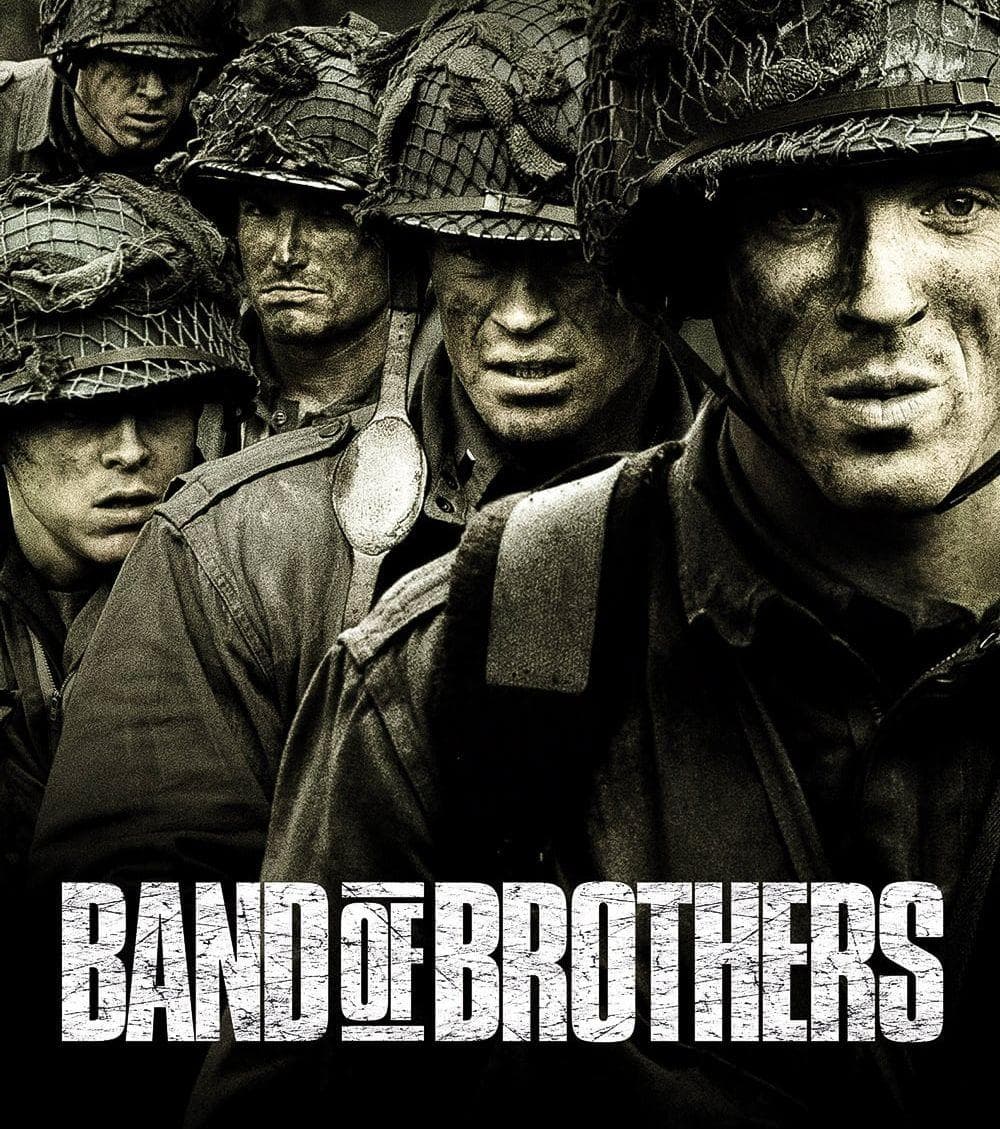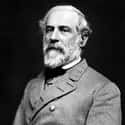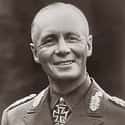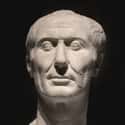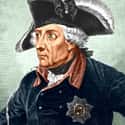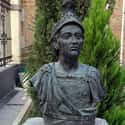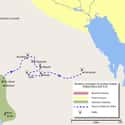-
(#12) Robert E. Lee
- Dec. at 63 (1807-1870)
Where And When: Robert Edward Lee was born in 1807, the son of a Revolutionary War hero. He was a lifelong military man, serving in the Mexican-American War and as superintendent of West Point. When the Civil War became inevitable, Abraham Lincoln offered Lee command of the Union's forces, but Lee turned him down, unwilling to fight against his fellow southerners.
Win/Loss Ratio: 57.14% (8 wins, 6 losses)
His Greatest Achievements: Lee's greatest single success was at the Battle of Chancellorsville, where Lee used brilliant flanking maneuvers to defeat a much larger Union force. However, Lee's strongest overall quality was his ability to sustain his army through the course of the battles, his wisdom in choosing targets and, above all, his ability to soften inevitable defeats at the hands of larger and better equipped Union armies.
How He Went Out: Lee surrendered to General Ulysses S. Grant at the Appomattox Court House in April 1865. This came after a long campaign during which the much larger Union army hunted and harried Lee's troops, whittling them down. That they lasted so long is a testament to Lee's strategic brilliance.
-
(#11) Erwin Rommel
- Dec. at 53 (1891-1944)
Where And When: Born in 1891, the man who would come to be known as the Desert Fox served with distinction during WWI, and was an enthusiastic supporter of the rise of Adolf Hitler in Germany. During WWII, Rommel became a national hero, famed for his lightning-quick tactics, a perfect tactician for the Third Reich ethos of blitzkrieg.
Win/Loss Ratio: 33% (3 wins, 6 losses)
His Greatest Achievements: Undoubtedly, Rommel's greatest tactical achievement was his tank campaign in Northern Africa. A Field Marshall at the time, his decisive use of tanks and his aggressive tactics caught the British in North Africa off guard. This led to the Battle of Gazala, in which Rommel used a wide, sweeping flank attack to overwhelm British tactical command and throw their troops into disarray.
How He Went Out: Rommel's end was political, not military. Increasingly disgusted by Hitler's handling of WWII, Rommel was implicated in an attempted slaying of the Führer. Because he was a hero in combat, he was offered the option of taking his own life in exchange for his family's immunity. He chose that option, and his passing was announced as a heart attack in 1944.
-
(#2) Julius Caesar
- Dec. at 56 (99 BC-43 BC)
Where And When: Born in 100 BCE, Julius Caesar rose to the heights of Roman society both through the luck of his birth, and his incredible usefulness as a military commander. He was responsible for the conquest of Gaul and the strengthening of the Roman legions. This, in turn, allowed him to achieve supreme political power and to become the unchecked ruler of the empire he had such a big hand in forging.
Win/Loss Ratio: 93.75% (15 wins, 1 loss)
His Greatest Achievements: The conquest of Gaul, Caesar's greatest military achievement, was made possible through his shrewd use of military engineers. These were specialized groups that could quickly build powerful fortifications, seemingly overnight. This allowed the highly organized Roman army to fight as though fortified, even in wilderness battlefields.
How He Went Out: Politics got the better of Caesar, and he was stabbed in the Roman forum. His military career had ended after he thoroughly defeated the rebellious Pompeiian faction at the Battle of Pharsalus.
-
(#10) Frederick II of Prussia
- Dec. at 74 (1712-1786)
Where And When: Frederick II of Prussia shattered many norms during his reign from 1740 to 1786. He was an atheist, a homosexual, and a brilliant statesman and general who took the small kingdom of Prussia from anonymity to a dominant position in European politics.
Win/Loss Ratio: 84.62% (11 wins, 2 losses)
His Greatest Achievements: Some of Frederick's tactical genius is retained in his "Military Instructions to Generals," which shows that, above all, Frederick valued subterfuge and subtlety. He writes:
I have no wish to recite here the almost infinite list of stratagems, for they have all the same end in view, which is, to oblige the enemy to make unnecessary marches in favor of our own designs. Our real intentions are to be studiously concealed, and the enemy misled by our affecting plans which we have no wish to execute.
How He Went Out: As he grew older, Frederick grew increasingly isolated and intransigent. He remained in power until the end of his days, having secured a mighty kingdom for the Prussians. It would take the armies of Napoleon to topple the Prussians.
-
(#4) Hannibal
- Dec. at 64 (246 BC-182 BC)
Where And When: Hannibal Barca was part of a family of great warriors. Various members of his family commanded the Carthaginian Armies during the Punic Wars with Rome. Indeed, Hannibal was born into these battles in 247 BCE. While the conflict ended with the devastation of Carthage, Hannibal Barca led his troops to stunning success in several engagements with the Romans.
Win/Loss Ratio: 86.7% (13 wins, 2 losses)
His Greatest Achievements: While Hannibal is best known for the stunning logistical feat of crossing the Alps, his greatest military achievement was at the battle of Cannae. The Romans had raised a force of 80,000 troops to Hannibal's 50,000. Rather than relying on conventional military wisdom, Hannibal used his cavalry to encircle the Roman Army, flanking them and crushing the much larger force.
How He Went Out: After being betrayed by an ally, Hannibal was defeated at the battle of Zama. He fled into exile, where he fought for a few smaller kingdoms before eventually taking his own life to avoid extradition to Rome.
-
(#7) Khalid ibn al-Walid
- Dec. at 50 (592-642)
Where And When: Legend says when Khalid was a child, his father fed him small amounts of poison to toughen his constitution. Bad parenting, but it may have worked since Khalid ibn al-Walid grew into one of the greatest generals the world has ever seen. Known as the Sword of Allah, he was a daring and ferocious commander, carving a swath of violence across Central Arabia in the 7th century CE.
Win/Loss Ratio: 92.3% (12 wins, 1 loss)
His Greatest Achievements: Early in his career, Khalid was part of a battle in which all the appointed commanders were wiped out. It threatened to be a rout until Khalid stepped into the power vacuum. He commanded a small cavalry group to ride a distance from the battle and ride around in circles, kicking up dust. This led the enemy to believe reinforcements were coming. Khalid took advantage of their demoralization to stage a ferocious attack which covered his main force's retreat.
How He Went Out: Khalid had always wanted to pass in battle, yet he did not. He lived a life of wealth and political favor and yet on his deathbed, it is reported he said:
I have fought in many battles seeking martyrdom that there is no spot on my body without a wound made from a sword, lance or arrow. Yet now I lay dying on my bed like an old camel. May the eyes of cowards never find joy.
New Random Displays Display All By Ranking
About This Tool
In any era, the military is the most important national institution, so military leaders in the ancient world were respected even after their careers were over. The generals of Rome and Greece are regarded pioneers in the syllabus of military academies, and their strategies and military policies are still effective in motivating soldiers and civilian leaders. We can learn more facts about the great warriors of the ancient world through mythology and history books.
The random tool lists 14 great and strong generals who would win in a war between the greatest military leaders in history, such as Alexander the Great, who is considered the greatest military leader in the world because he conquered most of the known world at that time.
Our data comes from Ranker, If you want to participate in the ranking of items displayed on this page, please click here.

